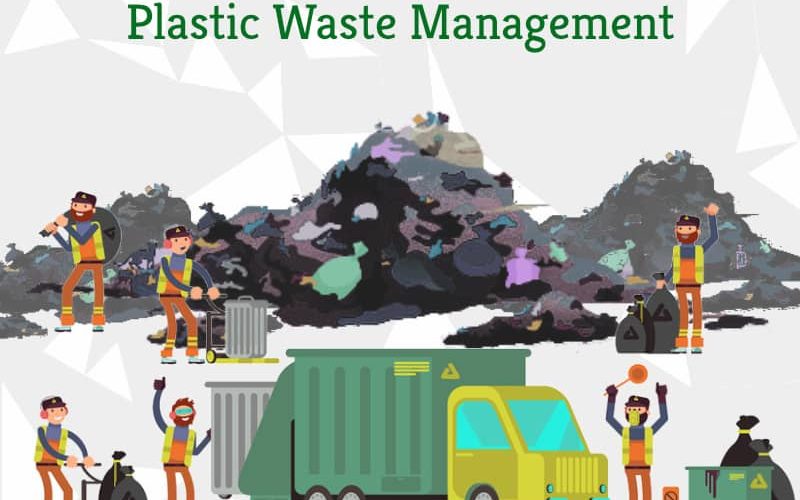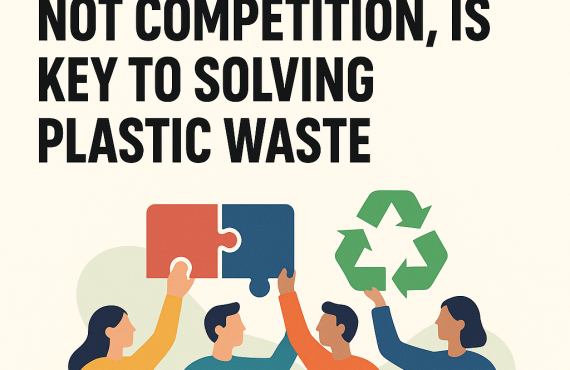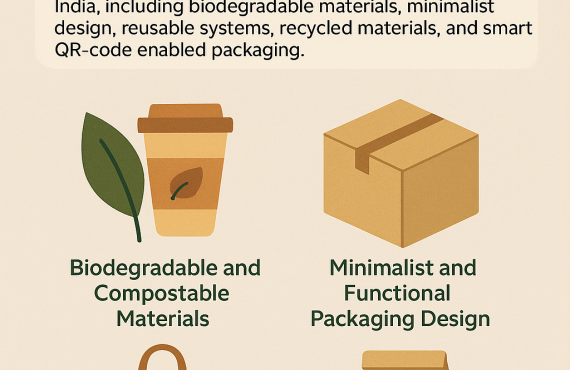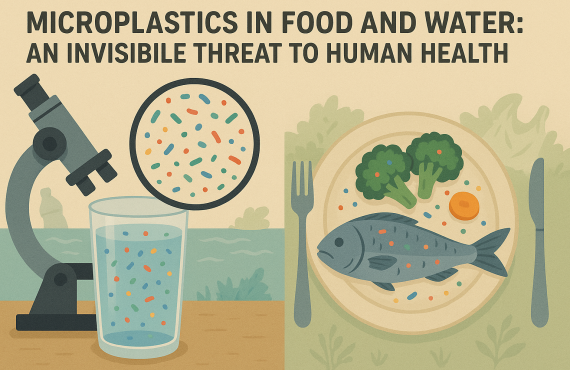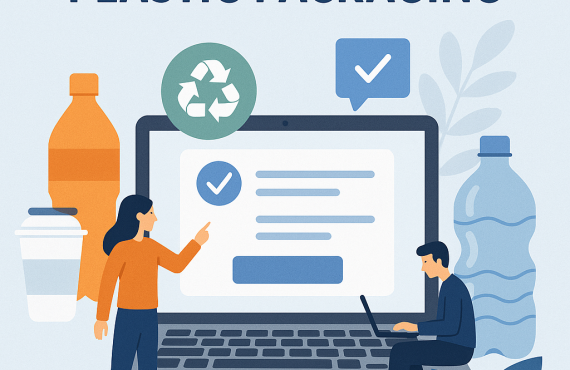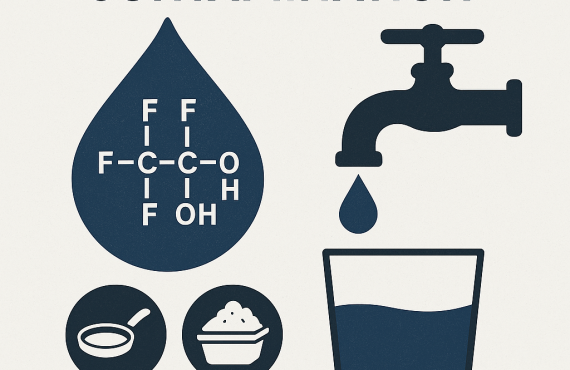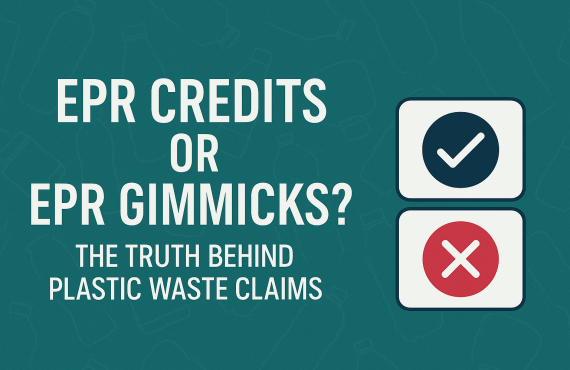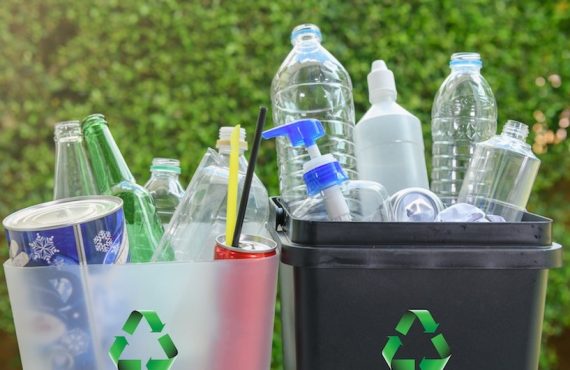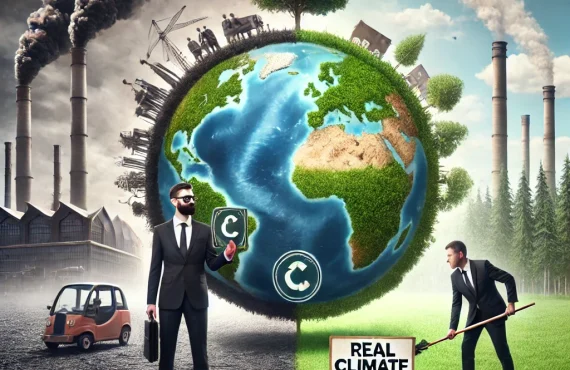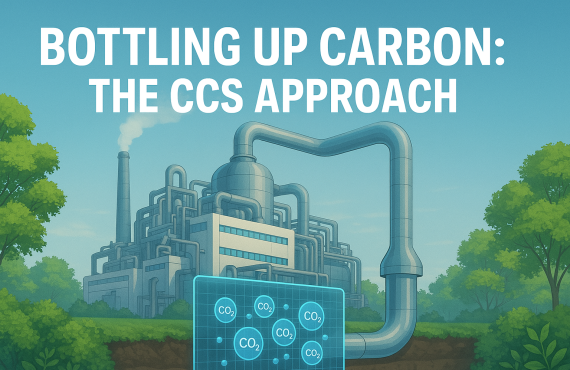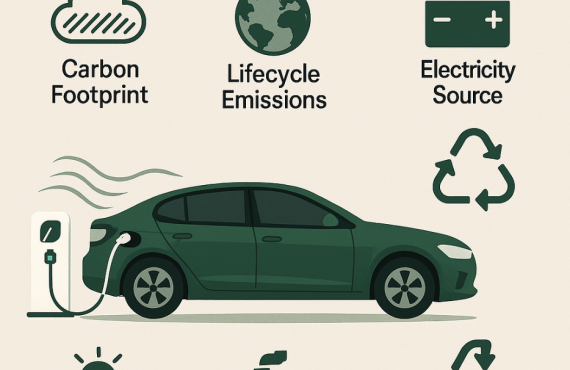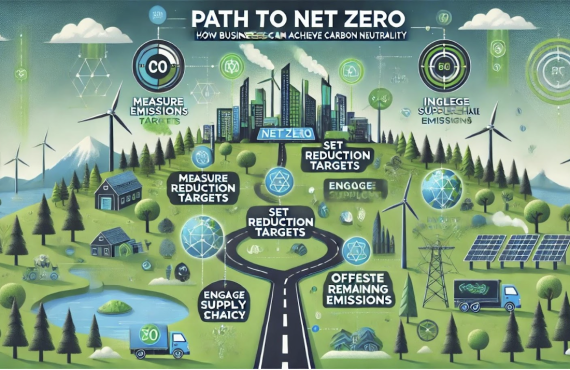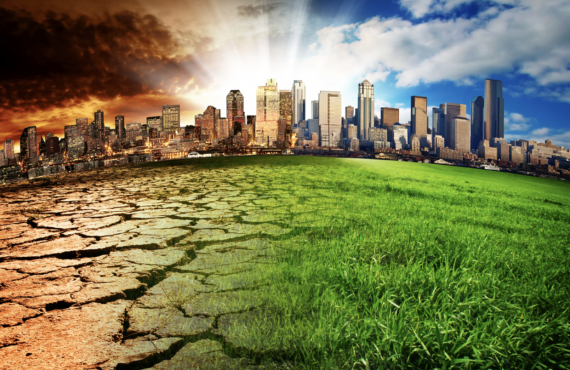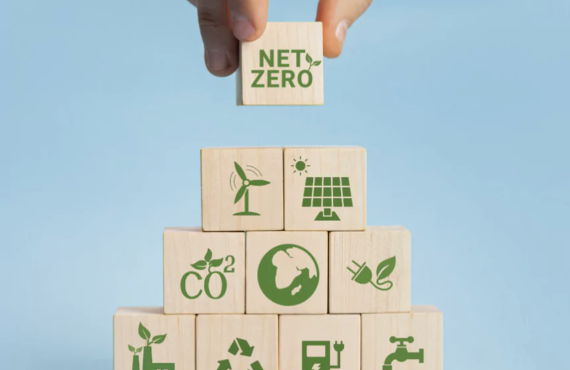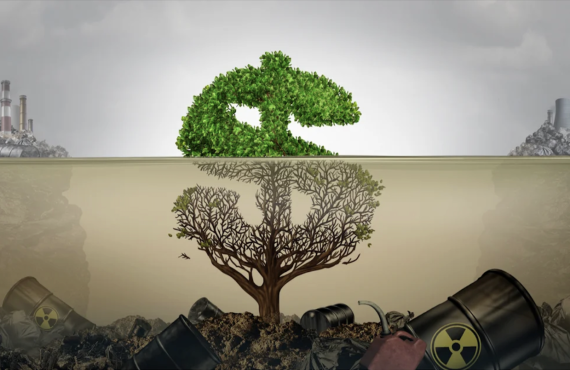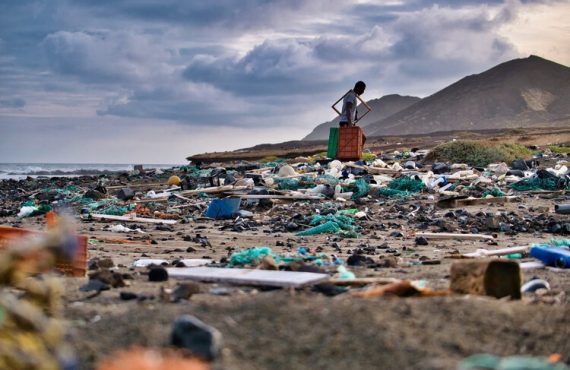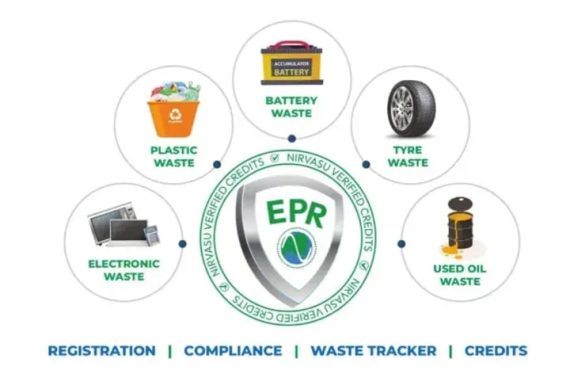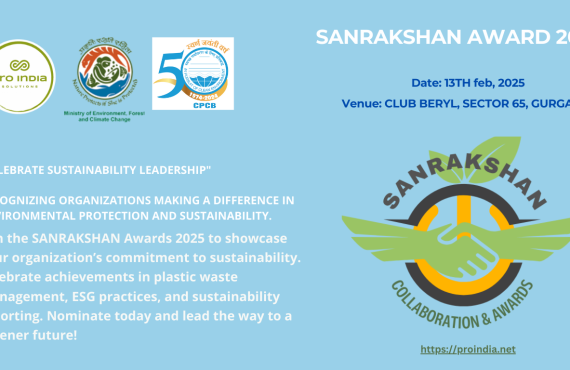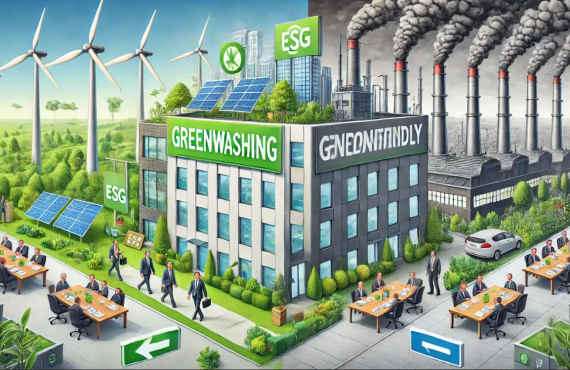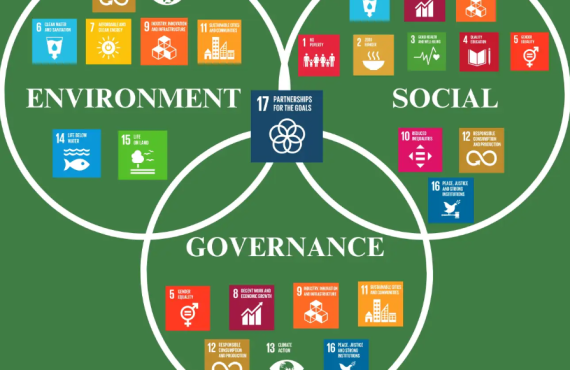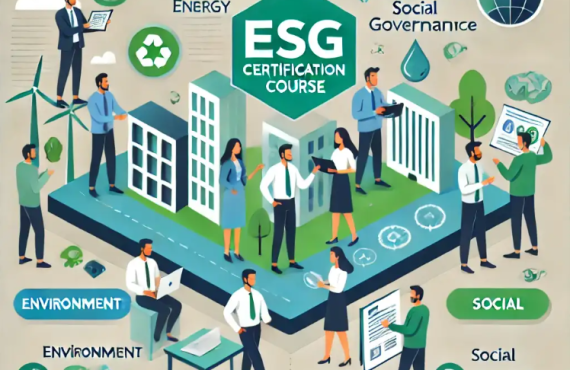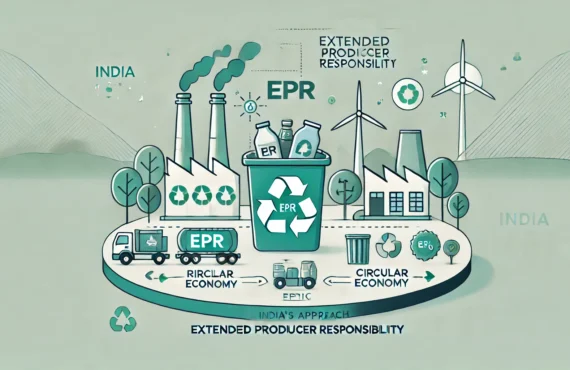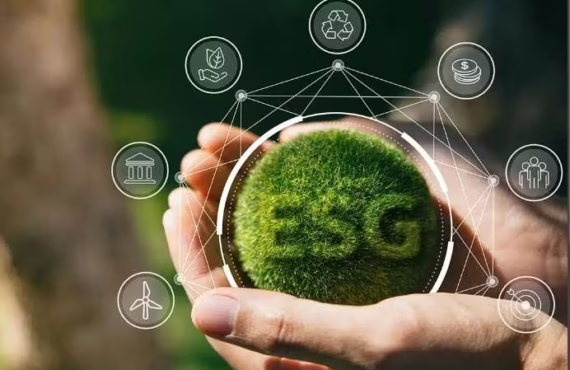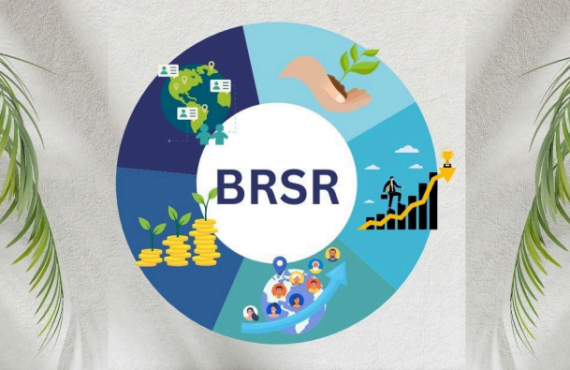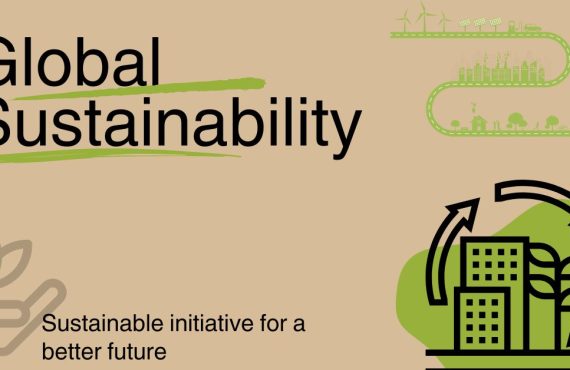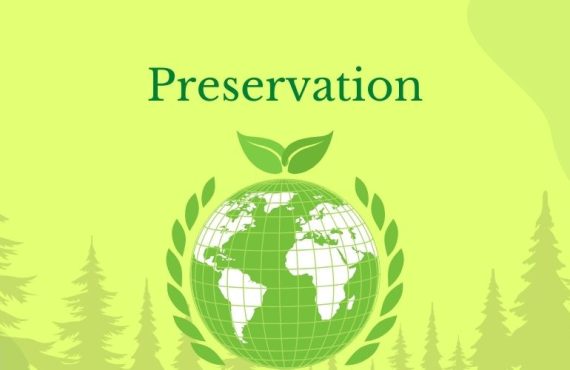Plastic Waste Management: A Global Call to Action
In the modern world, plastic is everywhere—from packaging and electronics to everyday items like bottles and bags. While its convenience is undeniable, its improper disposal has led to a crisis that demands immediate action. Plastic waste management is no longer an environmentalist’s concern—it’s a global responsibility.
The Plastic Problem: A Global Crisis
According to the United Nations, over 400 million tonnes of plastic are produced every year globally, with only about 9% being recycled. The rest ends up in landfills, oceans, and natural habitats, posing a grave threat to wildlife, marine ecosystems, and human health.
A Real-Life Wake-Up Call: The Philippines Whale Incident
In 2019, a dead whale washed ashore in the Philippines. When examined, scientists found over 40 kilograms of plastic bags and packaging inside its stomach. This heart-wrenching discovery highlighted the severity of ocean pollution and became a symbol of the growing menace of plastic waste.
Why Is Plastic Waste Management Important?
Plastic takes hundreds of years to decompose, and during this time, it breaks down into microplastics—tiny particles that make their way into our food chain. Research has shown microplastics in drinking water, salt, and even in human blood, raising serious concerns about long-term health effects.
Proper plastic waste management:
- Reduces pollution in oceans, rivers, and landscapes.
- Conserves natural resources by enabling recycling.
- Decreases greenhouse gas emissions from burning plastic.
- Protects wildlife and human health.
Strategies for Effective Plastic Waste Management
- Segregation at Source
One of the most effective methods is segregating plastic waste at the source—homes, offices, and industries. Clear differentiation between recyclable and non-recyclable plastics can significantly improve collection and recycling rates. - Recycling and Upcycling
Recyclable plastics can be transformed into useful products, such as furniture, road-building materials, and even clothing. Upcycling adds more value by turning waste into higher-end products. - Plastic Alternatives
Encouraging the use of biodegradable materials, such as bamboo, cloth, and jute, helps reduce plastic dependence. Governments and companies are now investing in bioplastics, made from renewable resources like cornstarch and sugarcane. - Extended Producer Responsibility (EPR)
Under EPR regulations, producers are held accountable for the collection and disposal of the plastic they generate. This has pushed many corporations to redesign packaging and invest in recycling infrastructure. - Public Awareness and Education
Behavior change starts with awareness. Campaigns like “Beat Plastic Pollution” by the United Nations aim to educate people about the impact of plastic and promote sustainable living. - Innovative Technologies
Startups and innovators are working on solutions like:- Plastic-to-fuel conversion
- Ocean-cleaning robots
- AI-powered waste sorting systems
India’s Step Towards Change
India took a major leap in 2022 by banning single-use plastics such as cutlery, straws, and polystyrene. Many cities, like Indore and Pune, are now leading examples of effective plastic waste segregation and recycling practices.
What Can You Do?
As individuals, we have the power to make a difference:
- Carry reusable bags and bottles.
- Say no to single-use plastic items.
- Choose products with minimal plastic packaging.
- Participate in local clean-up drives.
- Support businesses that practice sustainable packaging.
Conclusion: A Sustainable Future Starts Now
Plastic waste management is not a one-time effort—it’s a continuous process that requires collaboration between individuals, corporations, and governments. By making informed choices and advocating for responsible practices, we can protect the environment and build a cleaner, safer world for future generations.
The plastic crisis might be man-made, but so is the solution.


